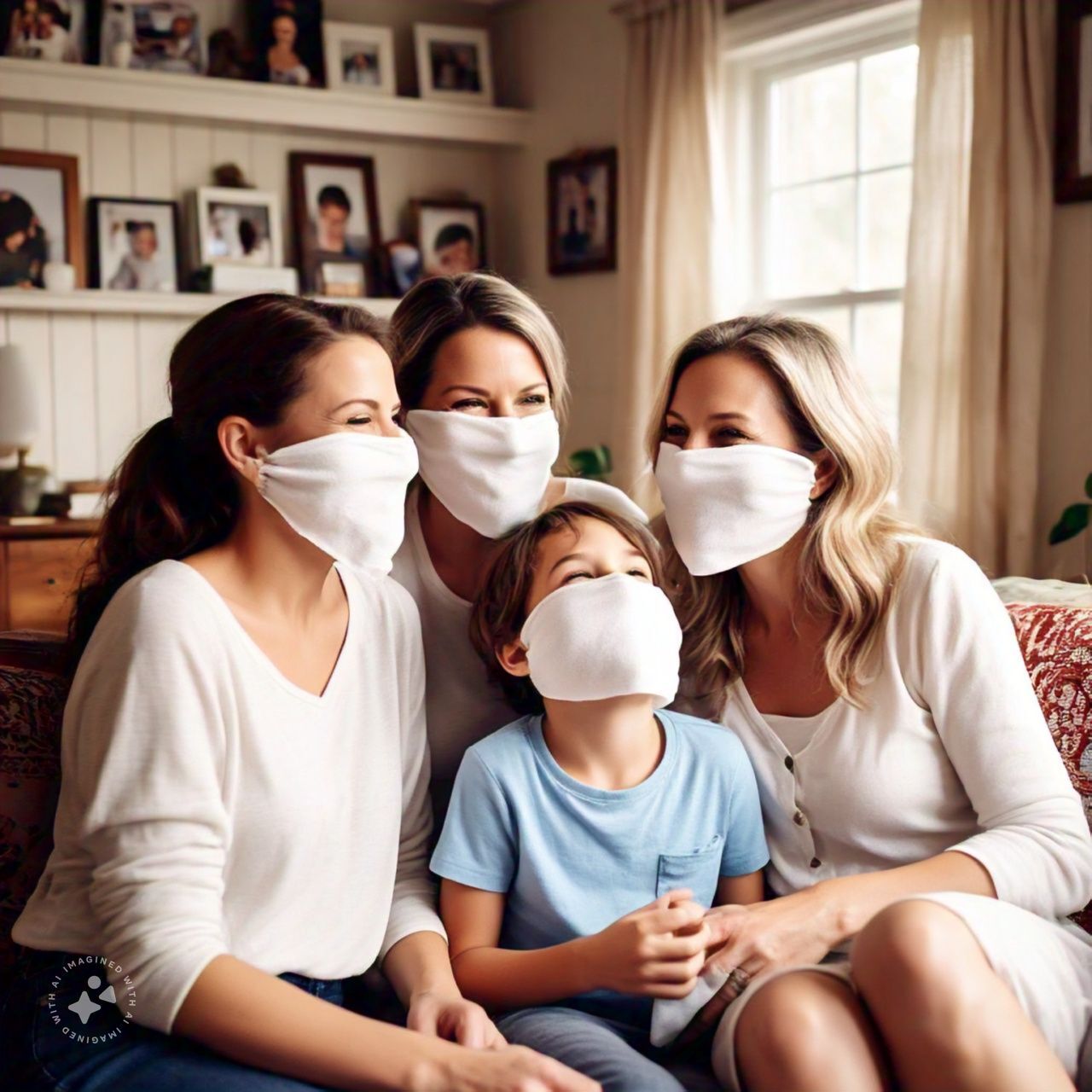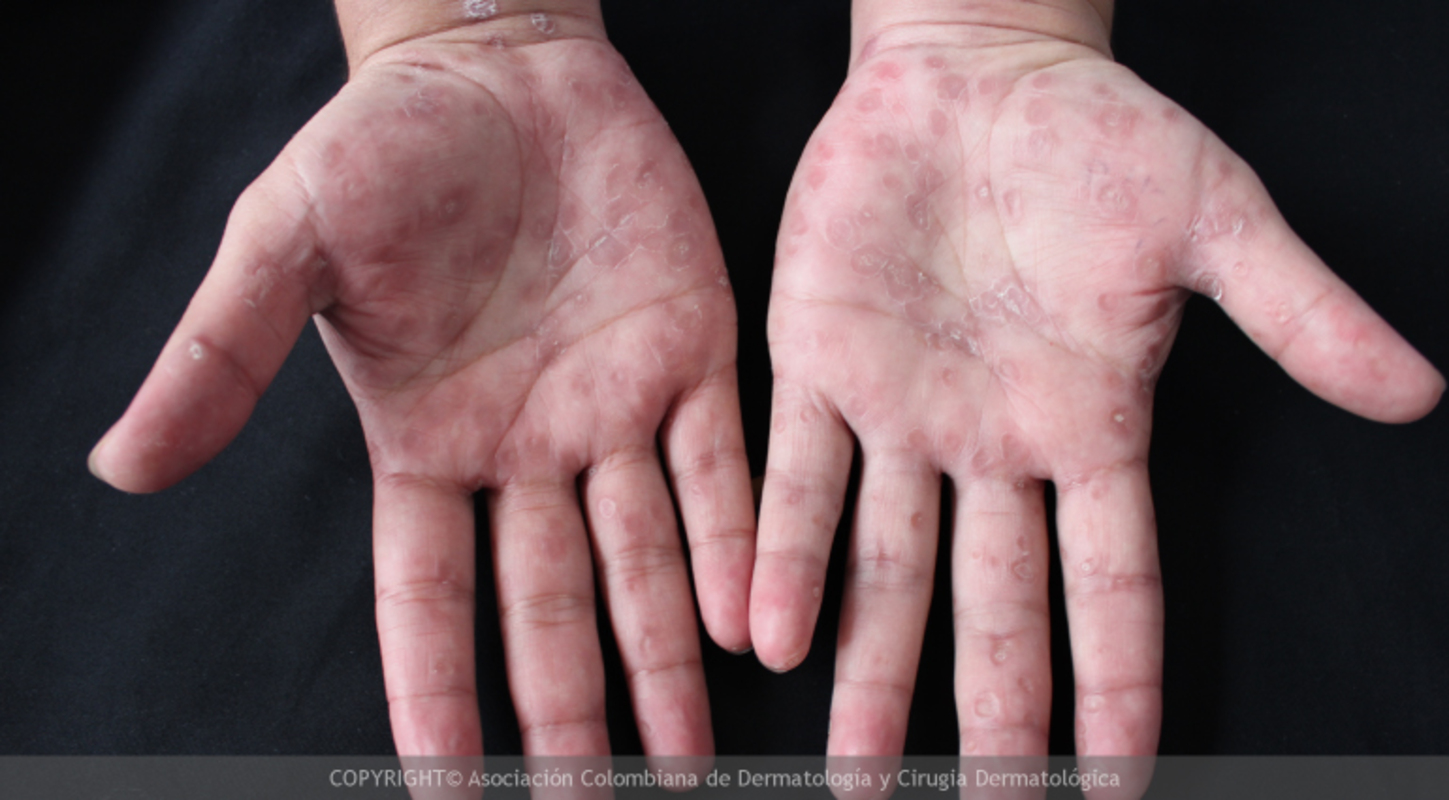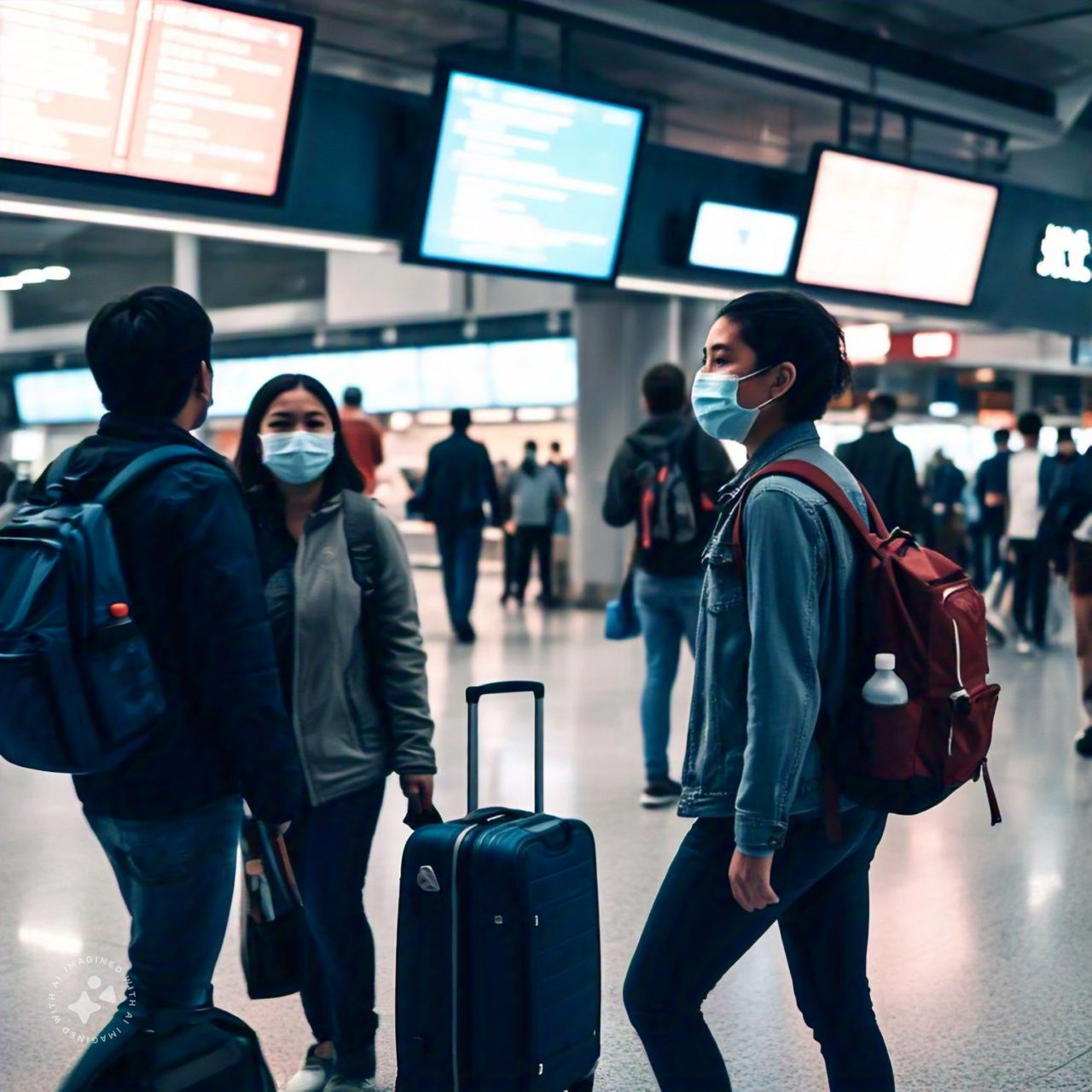
Rise in Respiratory Illnesses in the U.S. Due to Extreme Cold
Climate change and freezing temperatures are driving a surge in flu, colds, and COVID-19 cases, challenging the public health system.
Increase in Respiratory Illnesses in the United States Due to Extremely Low Temperatures
With the arrival of unusually low temperatures in the United States, there has been a noticeable increase in respiratory illnesses. This phenomenon is attributed to various factors that influence both the spread of viruses and the body’s immune response.
Impact of Cold Weather on Respiratory Health
Low temperatures contribute to the rise in respiratory illnesses in the following ways:
- Viral Transmission:
Cold weather facilitates the spread of viruses such as the flu and the common cold. According to National Geographic, respiratory viruses thrive in cold environments, increasing their stability and infectious capacity.
- Reduced Immune Response:
Exposure to cold can weaken the natural defenses of the respiratory system. A study published in Wired indicates that low temperatures reduce the effectiveness of the nasal immune response by decreasing the release of pathogen-fighting vesicles by 42%.
- Recent Statistics in the United States
Data from the Centers for Disease Control and Prevention (CDC) show an increase in respiratory illnesses:
- COVID-19:
A 12% rise in emergency visits and a 17% increase in hospitalizations related to the virus.
Influenza:
More than 7.1 million cases, 73,000 hospitalizations, and 4,500 deaths reported this season.
Recommendations for the Public
To mitigate the risk of respiratory illnesses during periods of extreme cold, the following measures are recommended:
- Vaccination:
Stay up to date with flu and COVID-19 vaccines. - Hygiene:
Practice frequent handwashing and wear masks in crowded places. - Healthy Environments:
Maintain a suitable indoor temperature, avoiding extremes that may affect respiratory health. - Seek Medical Attention:
Consult healthcare professionals if respiratory symptoms appear to ensure timely diagnosis and treatment.
Combining preventive measures with informed responses can help reduce the impact of respiratory illnesses during seasons of extreme cold in the United States.











LEAVE A COMMENT:
Join the discussion! Leave a comment.